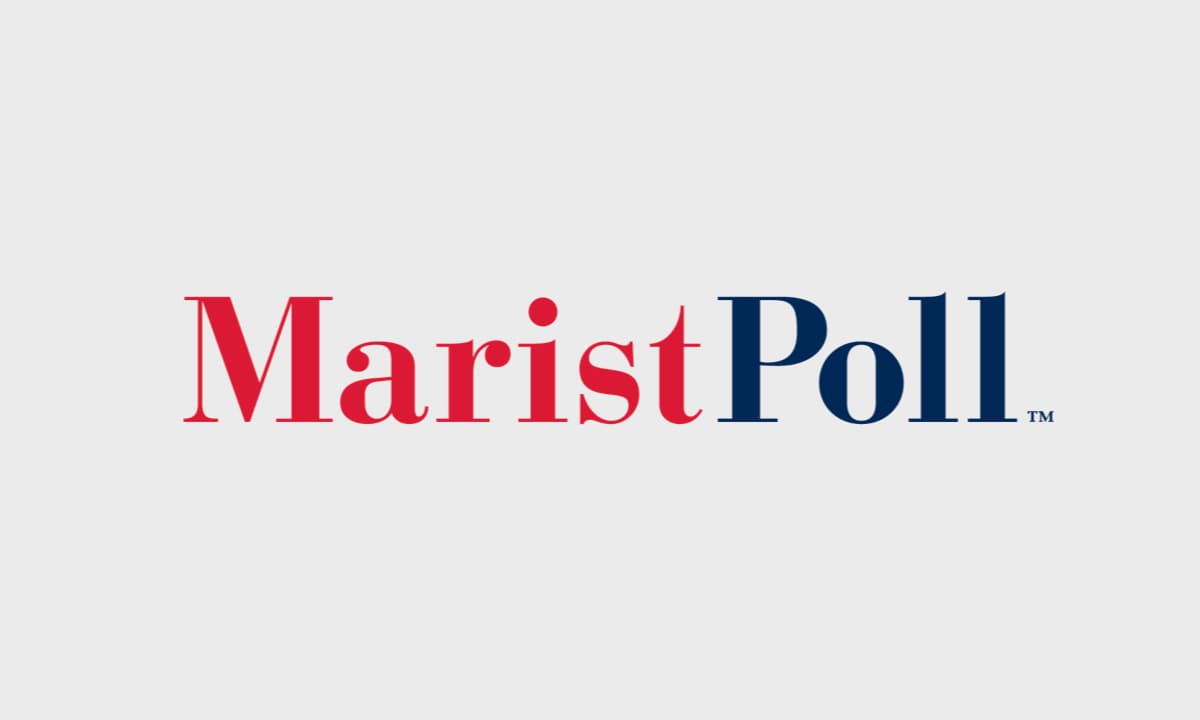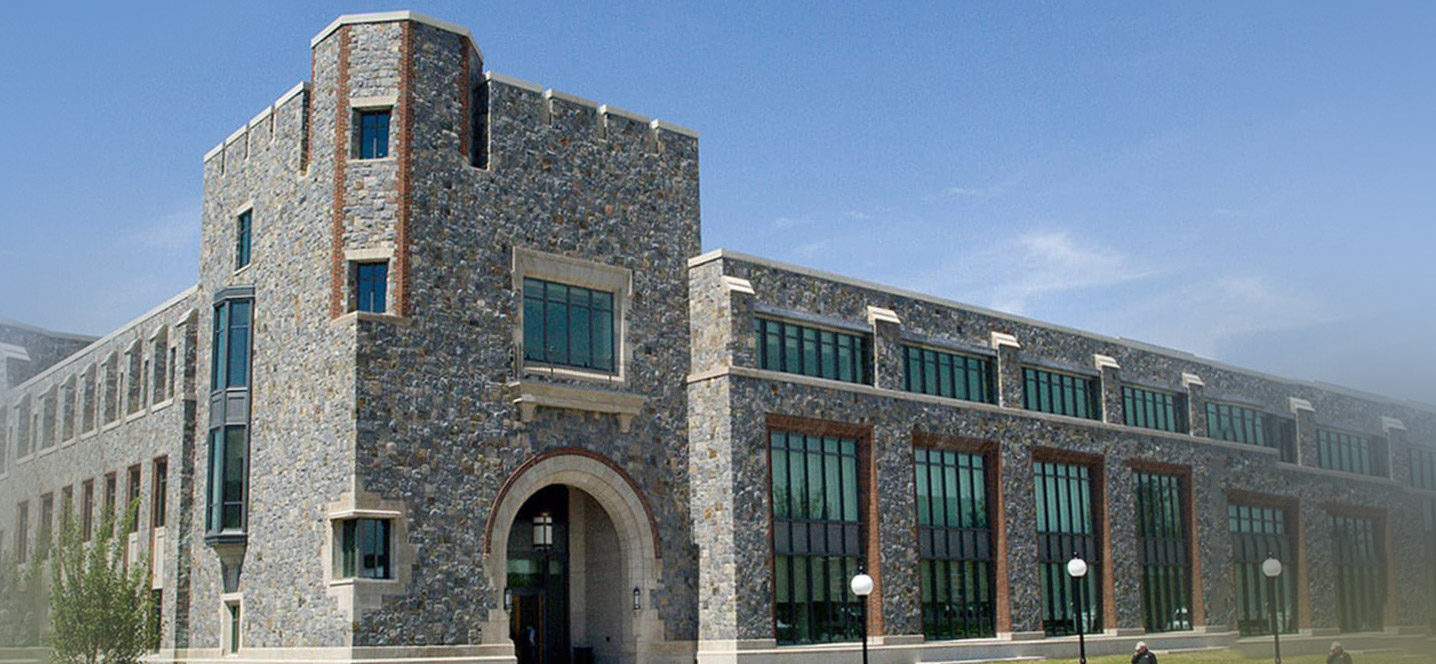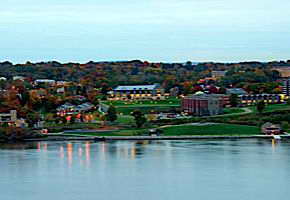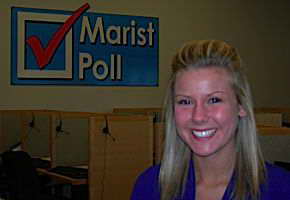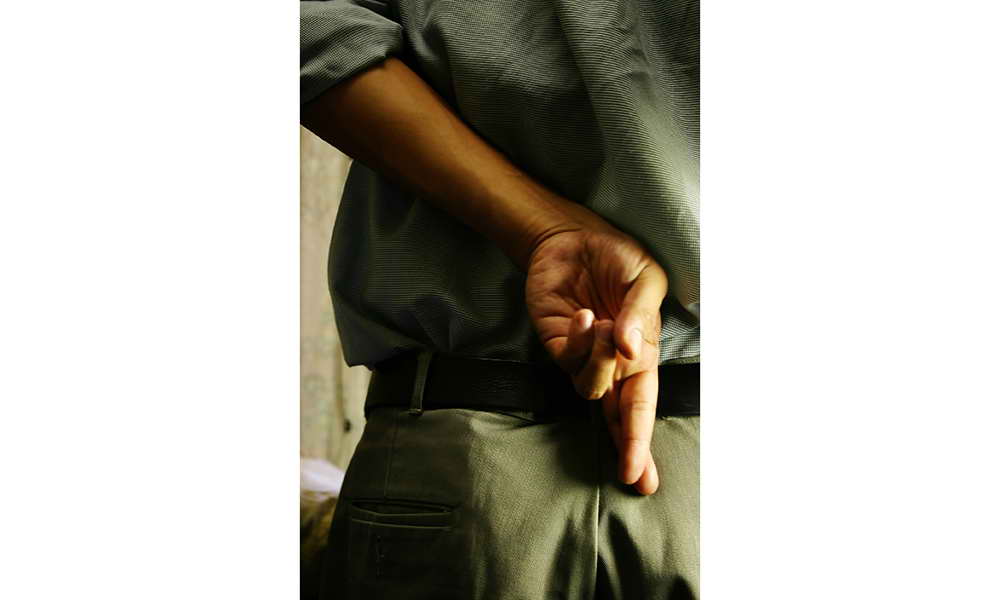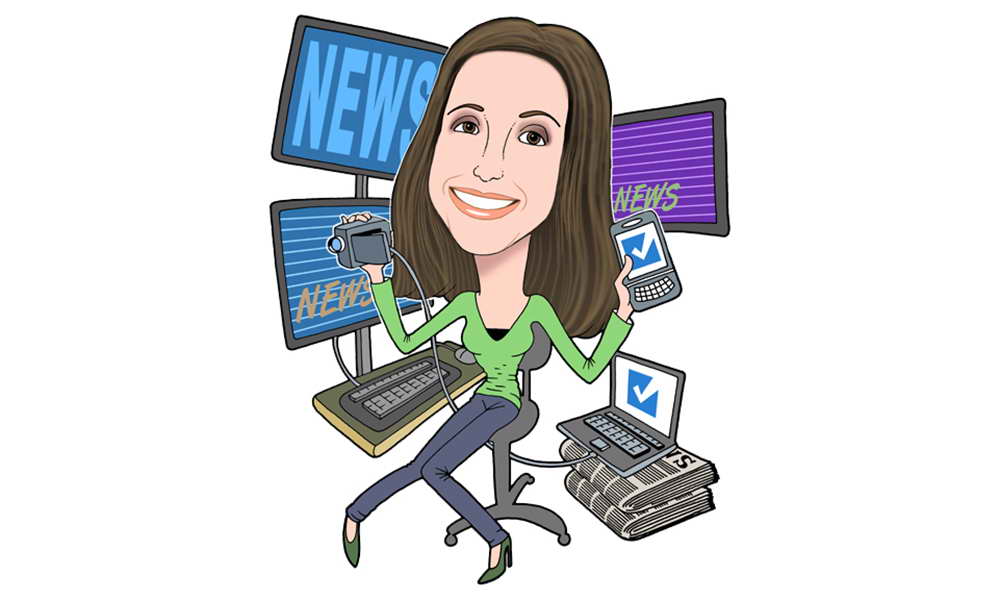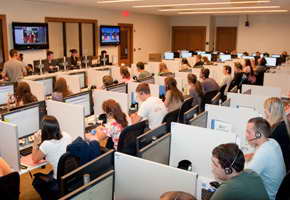By John Sparks
Knights of Columbus CEO, Supreme Knight Carl Anderson, discusses the findings of “Business Ethics in a Time of Economic Crisis,” a survey conducted in partnership with the Marist Institute for Public Opinion to determine the public’s level of confidence and trust in business and leadership.
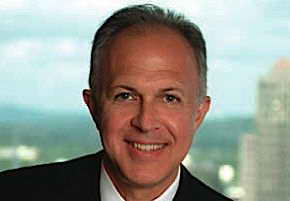
Carl Anderson
2,072 Americans and a group of 110 high-level business leaders were questioned about ethics and business credibility.
Here’s the transcript of Anderson’s interview with The Marist Poll’s John Sparks about the survey’s findings.
JOHN SPARKS
Carl, I was wondering first of all, why did the Knights of Columbus commission a poll on Business Ethics?
CARL ANDERSON
Well, of course, one of the reasons that the Knights of Columbus was founded in 1882 was to provide a financial assistance to the widows and orphans of members, and out of that grew an insurance company. So we’re very much a part of corporate America from that standpoint. Over the last number of years, we’ve been very concerned about ethics and morality in public life and in American society and culture, so we thought this was one of the ways that we might be able to add value to the discussion of what’s going on in the American economy over the last four or five months.
JOHN SPARKS
Have you sustained substantial losses since we’ve hit the recession that we’ve been experiencing the past few months?
CARL ANDERSON
Well, I would say everybody in business has had some losses. Ours, although we’ve had some, have been much more modest than many other companies because we have a very conservative investment philosophy and a very conservative investment policy. So, for example, we did not invest at all in any subprime mortgages that did such damage to many other companies, and of course we only invest in investment grade bonds, so we don’t do anything in the junk bond market or we don’t do anything in hedge funds, thinks like that. So everybody’s taken on some water here, but ours has been modest by some other standards, and frankly in terms of the way the industry looks at surplus ratios, we’re actually stronger now vis-à-vis the industry than we were a year ago.
JOHN SPARKS
What did you expect to find out when you commissioned the poll on Business Ethics?
CARL ANDERSON
It’s hard to say that we had any preconceived notions. What we really wanted to take a look at was how Americans felt about the general idea of business ethics, whether they thought corporate America was measuring up to their expectations, and then we wanted to see carefully what corporate executives actually thought and where there was a parallel and maybe where there was some divergence.
JOHN SPARKS
Were you surprised by any of the results or any of the particular answers that you got back?
CARL ANDERSON
Well, I think one of the surprising things was how in alignment many corporate executives were with what we would call the general American public, or there was a kind of consensus between corporate executives and the American public about what they expect out of business, which is to say, that most of us, whether we’re corporate executives or not, think that a person’s ethics should not be left behind when they walk into the job, and therefore that there should not be one set of business ethics and then a different set of personal ethics. People expect there to be convergence there. We saw that to be the same, American public in general, corporate executives. We also thought that it would be interesting to know whether there was a difference between, once again, corporate America and the American public in terms of whether ethics made sense in terms of looking at a corporations’ long-term success or even short-term success, and here we found again both the public and corporate executives felt that there was not a contradiction between ethical business practices and successful business practices, and even corporate executives believe that high ethical standards actually contributed to the long-term success of a corporation. What we found strong on the part of the American public, which maybe was a little bit surprising, was that they felt that a personal gain, career advancement was perhaps some of the most important indicators in corporate decision making rather than the public good or even the success of the corporation; and while the business executives diverge from that, still there was a significant number of corporate executives that found that to be the case as well.
JOHN SPARKS
Carl, there’s been a lot of things that have come into play during the last few months because of the recession we’re experiencing, and there’s no one critical factor I don’t suppose, but we read about the Madoffs of the world. Did you find or do you believe that there’s a need for new corporate leadership that’s ethically based?
CARL ANDERSON
I think that was one of the strongest results, one of the strongest findings from the poll, really. As we move forward, and we’re going to get through this crisis, at the other end, the question is: What kind of leadership will have brought us through this, and what kind of leadership do we expect at the other end of it? And the survey found, I think, very strong evidence among the American people that they expect a new kind of corporate leadership that is strongly committed to ethical values and ethics in their business practices. And so if there’s one message to take away to corporate America, I think it is that what a courageous corporate executive or CEO must do in terms of ethical leadership both for himself driving it down through his corporation and then within, could we say, the industry of the corporate community not being reticent to articulate strong standards.
JOHN SPARKS
What kind of traits are we looking for in major corporate leadership? What kind of traits do you think our leaders need to possess? Do you think this would’ve made a difference in our current recession had we had more people of that caliber?
CARL ANDERSON
I think it would have made a great difference because one of the issues here is the confidence of the public, and it’s not simply confidence in the question of the free market system, but it’s got to be confidence in the people who are making the decisions within a free market system. After all, that’s what the free market system is about: decision making. And even if you go back to Adam Smith, the hidden hand, that was a moral hand in many ways according to Adam Smith, and so for this system to work well, people have to have confidence in the moral values of the people at the top and the people making the decisive decisions along the line. So it’s very important in restoring confidence.
JOHN SPARKS
Carl, what do you think it’ll take to change that culture and mentality in the business world that currently says to many people, “Get yours while you can and leave the mess for somebody else to clean up”?
CARL ANDERSON
Well, I think there’s a responsibility on the part of both corporate executives and consumers and investors that they insist that it not be business as usual, that there be higher standards, and I think you can point to many leaders in corporate America in terms of executive decision making. Peter Drucker is a perfect example of this. I mean Drucker was very strong in speaking out saying he didn’t believe there was such a thing as business ethics; he believed there was only personal ethics and that a person’s ethics had to carry forward into his business decision making and it had to be – – had to be strongly committed to that, and I think you can replicate that many times. Those individuals have to stand up, and they have to speak out more, and they have to insist that they do business with individuals who have the same type of commitment. And investors have to be cognizant of it and also to demand those kind of high standards.
JOHN SPARKS
Now the survey reported that two-thirds of Americans believe that our corporate leaders should rely on their religious beliefs and values to guide them in their business. And yet there are many folks that’ll tell you that religion no longer plays a role it once did in the lives of Americans and they’ll cite dwindling church and synagogue attendance, and that might seem to present a problem. Do you have any idea what role that religion and personal faith presently play in the lives of our country’s financial and corporate leaders?
CARL ANDERSON
Well certainly there are many corporate leaders who are deeply religious, and I think the one important value that religion brings to this discussion is the age old question of how one treats one neighbor and the recognition that we are a country of neighbors. And therefore, we’re not dealing only with an abstraction of a consumer or an investor, but we’re dealing with a live person whose welfare is going to be affected by our decisions. And I think that recognition that we all have a responsibility to each other, and that comes out of the Christian tradition, the Jewish tradition, the Islamic tradition, that’s a very important value and we should not be reticent in articulating it, and it’s one of the most important things religion brings to our culture in general, but certainly to any successful business culture.
JOHN SPARKS
Carl, can Christians change the tone and direction of our culture do you believe?
CARL ANDERSON
I think it is one of the fundamental responsibilities of a person of faith to bring those values into the public sector, not in a confrontational way, but certainly from a Christian perspective one would do that as a matter of personal witness, and that witness has to be something that is, like I say, personal, but personal in two senses: one that is authentic with the individual who’s professing it, and secondly, that it affects other person’s in an authentic, real way that makes a difference in their life. And so this is how religions have historically influenced the culture, and I think we would be much poorer if those values from our Judeo-Christian heritage are diminished in society because, let’s say, if we look back even at recent history, more humane, a greater commitment to the common good, a greater commitment to those less fortunate, a greater commitment to those who are suffering or who have particular kinds of hardship in their lives, these are all responses that come out of a Christian-Judeo heritage, and I think we have to do a lot to try to preserve that because everyone benefits regardless of their religious faith or their lack of faith.
JOHN SPARKS
Carl, for those people that say the bottom line is the bottom line, is there a payoff or competitive advantage for companies whose leaders conduct their business ethically and with the highest standards in values that you’re calling for?
CARL ANDERSON
Well, I would say it’s not just my view, but take a look at Jim Collins and Jerry Porras’ book, Built to Last, which I don’t know how man most successful American corporations over time are ones who are committed to a value beyond and above profit. Profit is always important. You’ve got to have profit if you’re going to survive. But the great companies, companies listed in Built to Last, for example, like Johnson & Johnson or Marriott are two examples, or Boeing, are companies that have historically placed a value beyond profit. People recognize that, and they respect it, and it’s what they found to be a key to long-term success. So yes, I would say that’s a very much part of it as is strong ethical stand because that is what is going to build affinity in terms of both investors and in customers and in loyalty to the company among employees.
JOHN SPARKS
Carl, I’ve got pretty much what I looking for. Is there anything that we haven’t talked about in the realm of business ethics that you’d like to add or say that we haven’t talked about?
CARL ANDERSON
No, I think that’s very good. If you’re happy, I’m happy with it.
JOHN SPARKS
I’m very happy. I thank you for your time.


